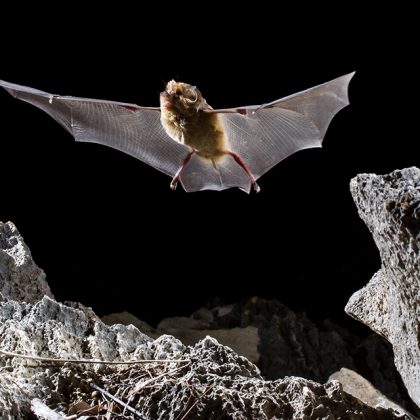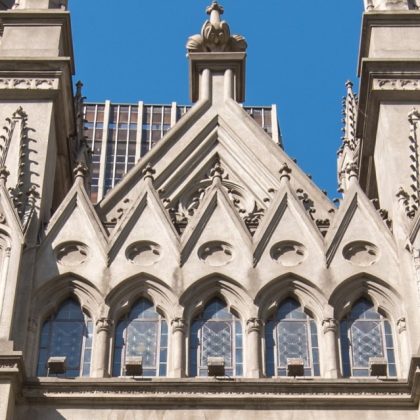TEMPO – Tentative Affinities
This blogpost was adapted from the inaugural editorial by TEMPO’s new Editor Bob Gilmore and Reviews Editor Juliet Fraser.
2014 marks the 75th anniversary of TEMPO, and it seems appropriate to ask – in our world of instant connectivity, where information, attitudes and opinions are scattered online as freely as bat droppings – if the new music world still needs a quarterly periodical such as this.
Our answer is an emphatic yes. The internet offers an astonishing promiscuity of information, for which many of us are grateful. But it is less good at the curatorial task of sifting and sorting that information into coherent patterns so that we may see connections and causalities between (in the present case) different forms of music-making that may have seemed obscure. There is a need today, as there has always been, for the slowness of scholarship, a different virtue from the immediacy of the blog entry or the social media post. TEMPO embraces this curatorial role by documenting the international new music scene while contributing to, and stimulating, current debates: the part played by journals such as this in the grand eco-system of new music is much less passive than some practitioners assume.
The multiple morphologies of the new music world, and their evolution since TEMPO’s founding in 1939, pose the question of exactly what sort of new music the journal should seek to cover. Our policy is to open the floodgates as widely as possible so that nothing vital is shut out, while keeping the focus firmly on music of recent decades. There has never been at any time in music history such a superabundance of composers and performers at work as now, nor such a fluent outpouring of new music.
Paradoxically, however, the working assumption I have clung to throughout my professional life as a musicologist is that the world of new music is in the midst of a protracted crisis. I do not mean a crisis of marginalisation or loss of prestige – issues that must properly be viewed in a much broader context – but a crisis of language and signification. Whether we are living through a time of what psychologists call ‘positive disintegration’, where old ways fall apart and new things are born, or whether we should regard the current situation in altogether blacker and more pessimistic terms, is clearly beyond the scope of this Editorial. But it is a theme to which TEMPO has long returned, in one form or another, and will continue to do so.
The crisis to which I am referring can be viewed variously, but is linked more broadly to the turbulence, upheavals and chaos of the last century, across all the arts and beyond. We may see it as one manifestation of Jean-François Lyotard’s famous theory of the collapse of the grand narratives, the ‘incredulity’ toward grand, large-scale theories and philosophies of the world such as the progress of history, the knowability of everything by science, and so on.
Lyotard alerted us to difference, diversity, and the incompatibility of our aspirations, beliefs and desires; it seems to me that a similar condition pertains today in new music. Composers, performers and musicologists tend not to agree much on anything anymore. Ours is a time that has seen the collapse of the belief in any single aspect of composition as essential, of the belief that the essence of music still contains absolutes on which all rational minds can agree. TEMPO seeks to let these discussions and disagreements resonate, in Lyotard’s phrase, to ‘activate the differences’ and to explore tentative affinities in the vibrant world of new music.
Access the full Editorial here.
Click here to visit TEMPO’s facebook page.
Featured image: © 2013 Anton Lukoszevieze, Quartet Eight, silver gelatin print.






